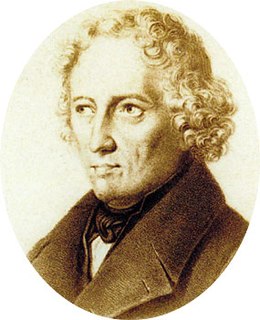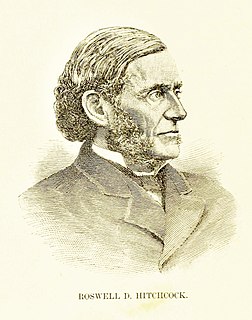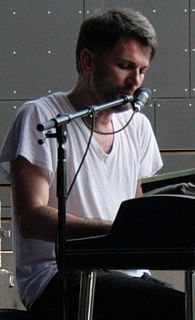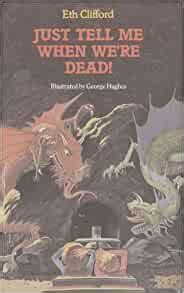A Quote by Ralph Waldo Emerson
To the birds and trees he talks:
Caesar of his leafy Rome,
There the poet is at home.
Related Quotes
Jacob wrote that the true poet 'is like a man who is happy anywhere, in endless measure, if he is allowed to look at leaves and grass, to see the sun rise and set. The false poet travels abroad in strange countries and hopes to be uplifted by the mountains of Switzerland, the sky and sea of Italy. He comes to them and is dissatisfied. He is not as happy as the man who stays at home and sees the apple trees flower in spring, and hears the small birds singing among the branches
Nowadays when a poet with one privately printed book can have his next three years taken care of by a Guggenheim fellowship, a Kenyon Review fellowship, and the Prix de Rome, it is hard to remember what chances the poet took in that small-town world, how precariously hand-to-mouth his existence was. And yet in one way the old days were better; [Vachel] Lindsay after a while, by luck and skill, got far more readers than any poet could get today.
Do not blame Caesar, blame the people of Rome who have so enthusiastically acclaimed and adored him and rejoiced in their loss of freedom and danced in his path and gave him triumphal processions. Blame the people who hail him when he speaks in the Forum of the 'new, wonderful good society' which shall now be Rome, interpreted to mean 'more money, more ease, more security, more living fatly at the expense of the industrious.'
Home is not fixed - the feeling of home changes as you change. There are places that used to feel like home that don't feel like home anymore. Like, I would go back to Rome to see my parents, and I would feel at home then. But if my parents were not in Rome, which is my city where I was born, I would not feel at home. It's connected to people. It's connected to a person I love.
Every spirit builds itself a house; and beyond its house a world; and beyond its world, a heaven. Know then, that the world exists for you. For you is the phenomenon perfect. What we are, that only can we see. All that Adam had, all that Caesar could, you have and can do. Adam called his house, heaven and earth; Caesar called his house, Rome; you perhaps call yours, a cobler's trade; a hundred acres of ploughed land; or a scholar's garret. Yet line for line and point for point, your dominion is as great as theirs, though without fine names. Build, therefore, your own world.








































